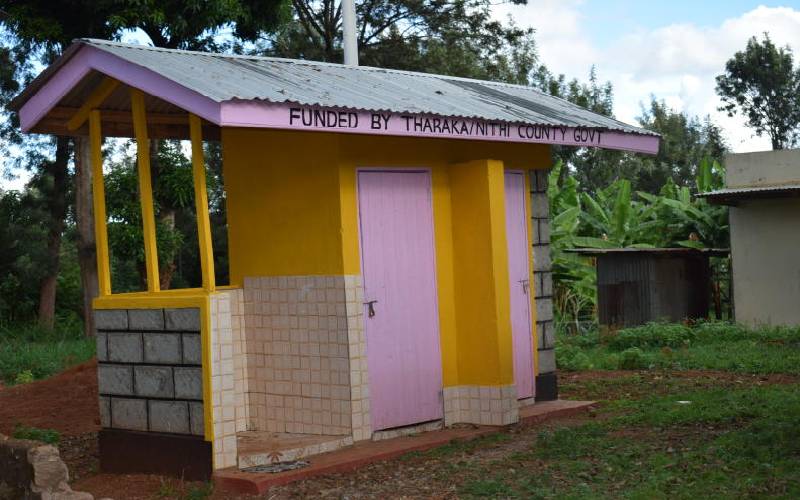×
The Standard e-Paper
Fearless, Trusted News

A toilet funded by the County Government of Tharaka Nithi in Kirege, Chuka. [Olivia Murithi, Standard]
Long time ago, remembers a former Cabinet minister, President Jomo Kenyatta was driving from JKIA to State House with his guest, Ethiopian Emperor Haile Selassie.